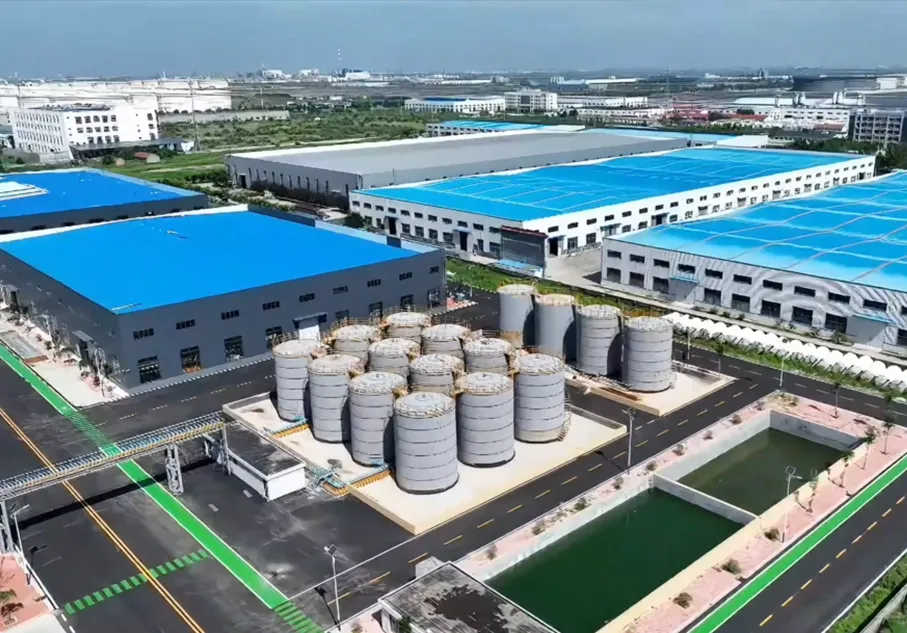The Japanese Automotive Standards Organization (JASO) is a key player in Japan’s automotive industry, setting standards for vehicles, components, and lubricants to ensure quality, safety, and performance. As part of the Society of Automotive Engineers of Japan (JSAE), JASO drives innovation and global compatibility. This article explores JASO’s role, standards, and impact, optimized for search engines.
What is JASO—Japanese Automotive Standards Organization
JASO, under JSAE, establishes technical standard for automotive components, with a focus on engine oils for motorcycle dan small engine. Based in Tokyo, it promotes safety, efficiency, and environmental sustainability, aligning with international standards like ISO.
JASO Standard
1. JASO M345 (Two-Stroke Engines)
Introduced in 1994, this standard evaluates two-stroke engine oil for lubricity, cleanliness, exhaust smoke, and system blockage. Oils are graded FB, FCdan FD (highest performance, lowest emissions).

Global Impact and Harmonization
JASO collaborates with ISO and UNECE to align standards, supporting Japan’s automotive exports (2.9% of GDP). The Japan Automobile Standards Internationalization Center (JASIC) aids this through resources like the Automobile Type Approval Handbook.
Why JASO Matters
Performance: Enhances engine efficiency and durability.
Environment: Promotes cleaner emissions.
Consumer Trust: Certified oils ensure reliability.
Industry Efficiency: Streamlines manufacturing.
Kesimpulan
JASO ensures Japan’s automotive industry maintains high standards, benefiting manufacturers and consumers globally.























satu Respon
Great article explaining the crucial role of JASO standards for engine oils and lubricants. It’s fascinating how these technical standards ensure performance and environmental safety. On a slightly different note, but still related to standards and specifications, I was recently researching a medication and came across a product called Jasotrim. I’m trying to understand its therapeutic indications and proper dosage. While looking for reliable information, I found this resource: https://pillintrip.com/medicine/jasotrim. Has anyone here had any experience with this particular pharmaceutical product or can comment on the reliability of its specifications compared to established medical standards? It seems like having strict standards is just as important in pharmaceuticals as it is in the automotive industry.